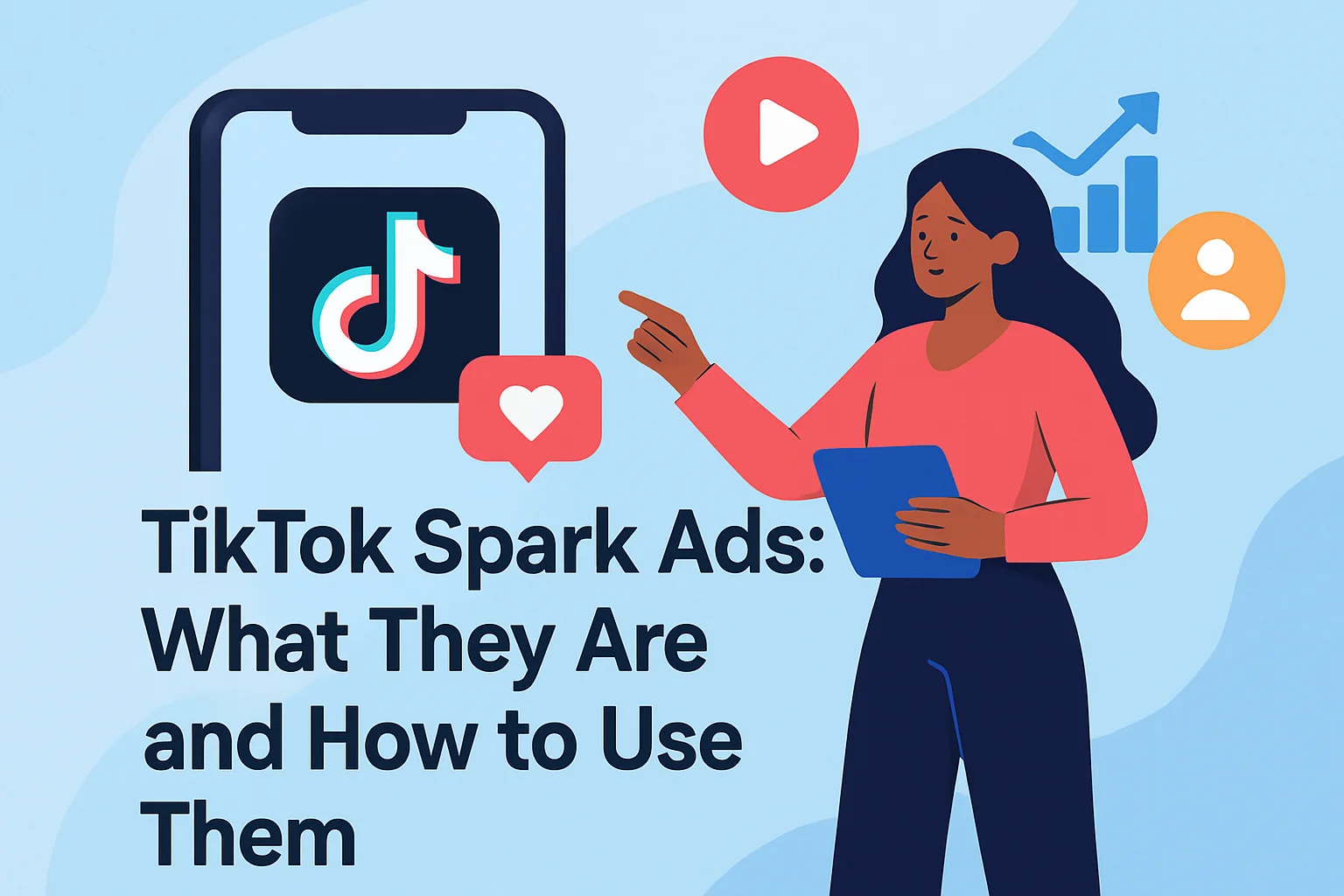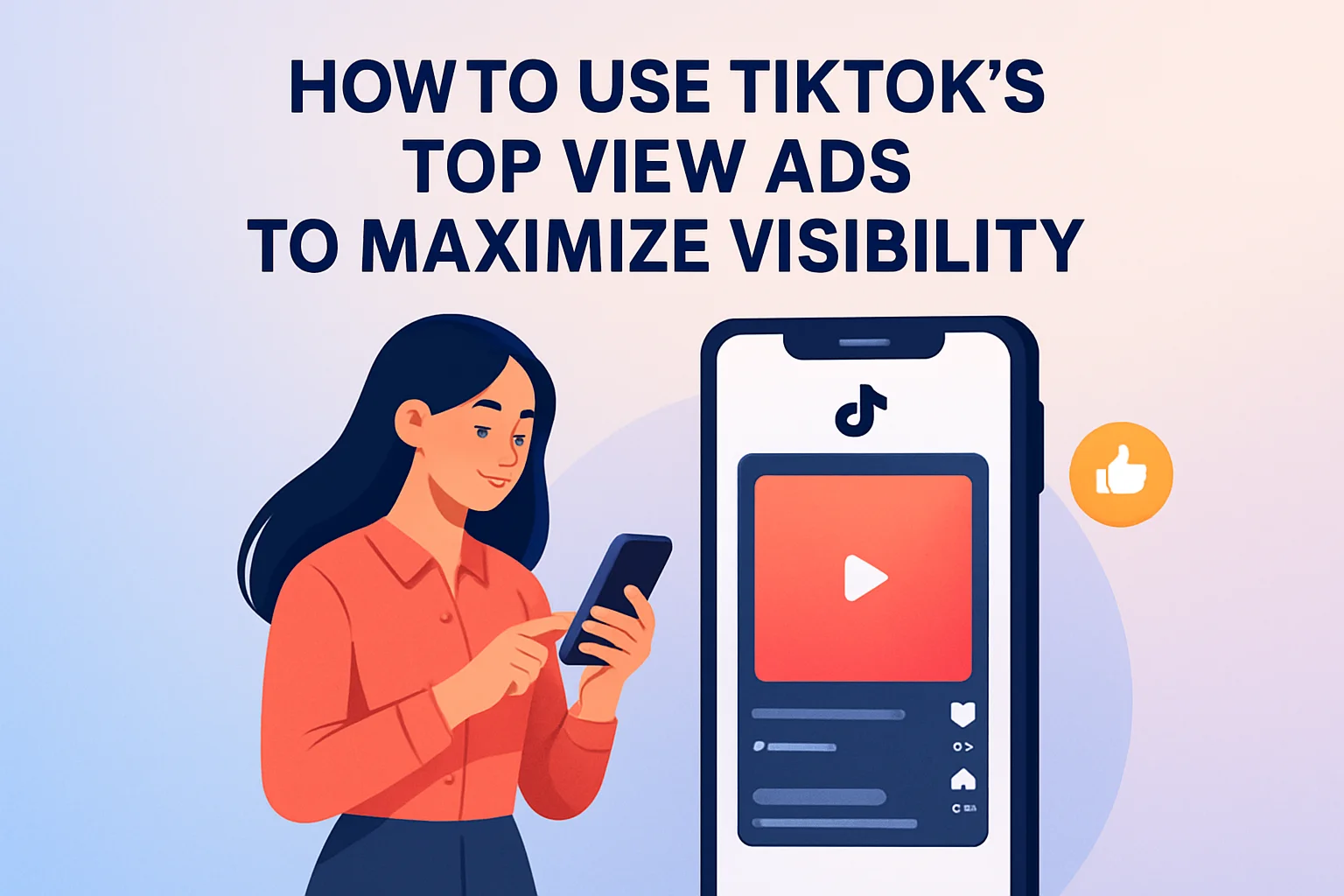How important are Hashtags to Viral Marketing?
When it comes to Twitter, branded hashtags simply don’t work. While Twitter is an excellent social networking site to create new connections, and promote content and events, an inefficient hashtag campaign can cause more harm than good. On average, tweets without hashtags get 23% more clicks.
Super Bowl 51 showed the world that businesses and brands are becoming aware of this new reality. According to the website Hashtag Bowl, out of a total 66 super bowl ads, only 39% featured a hashtag, a 15% decline from the previous year.
Astoundingly, 41% of super bowl ads featured a URL, representing the idea that URLs are a more effective tool for driving user traffic than hashtags. In fact, most super bowl ads utilized more traditional routes for marketing their brands; the most effective being advertisements which featured links for further video content on their website.
Out of those 66 ads, only five featured a Twitter handle and four a Facebook page mention. In regards to some of the most expensive advertising available during the Superbowl, businesses are viewing URLs as more effective at driving conversions and web traffic than social media shares and going viral.
Why #Hashtags Don’t Work for Brands
Hashtags campaigns are typically humorous and used to promote events. Too often, brands mistakenly fall for the Twitter trap and try to lead the conversation on trending topics, when it’s not necessarily desired by their consumer base.
Unlike Facebook or Instagram, Twitter is built around shorter messages, which makes its real estate space more valuable. With a 140-character limit, hashtags can take up valuable real estate space and don’t necessarily communicate authority over a topical interest. Hashtags could actually distract from the message itself, making an ineffective hashtag campaign truly wasteful and sometimes harmful.
Brands and businesses must know their niche. While a #SuperbowlXI at the end of a tweet may be relevant, it’s going to have virtually zero impact on driving traffic or conversions to your website.
No one would seriously follow a Pizza Hut hashtag campaign commemorating a dead celebrity. Social networking sites are built on making connections rather than simply piggybacking on trending campaigns and receiving meaningless notifications.
Twitter Best Hashtag Practices
It should be noted that hashtag campaigns can be used to promote a brand, under the right circumstances. Ideally, hashtags should be used for pure event or product promotion. Remember hashtags are not consumer based campaigns and anything short of creative or trending will most likely harm your CTR in the end. Hashtags must be catchy, utilizing short phrases and inserting a link in order to increase website traffic.
For the best use of Twitter, brands and search engine marketers could benefit from advertising contests, giveaways, and special events on their Twitter feed. While established brands tend to get some of the most interaction on social networking websites behind Donald Trump, branded hashtag campaigns are simply ineffective for driving topical conversations and conversions for your website. For increased hashtag authority, consider hiring an influencer to manage your hashtag campaigns. Brands should simply stick to short advertising messages and take advantage of images and videos to market their messages directly to consumer feeds.
A survey by Search Engine Journal’s audience found that users prefer hashtags to remain at the end of a tweet as it looks cleaner. Before saddling up to a hashtag campaign, consider the fact that 5% of Twitter’s active 300 million user base promotes spam. Falling for a questionable hashtag campaign only promotes topical ignorance and hurts your social media marketing campaign in the end.



